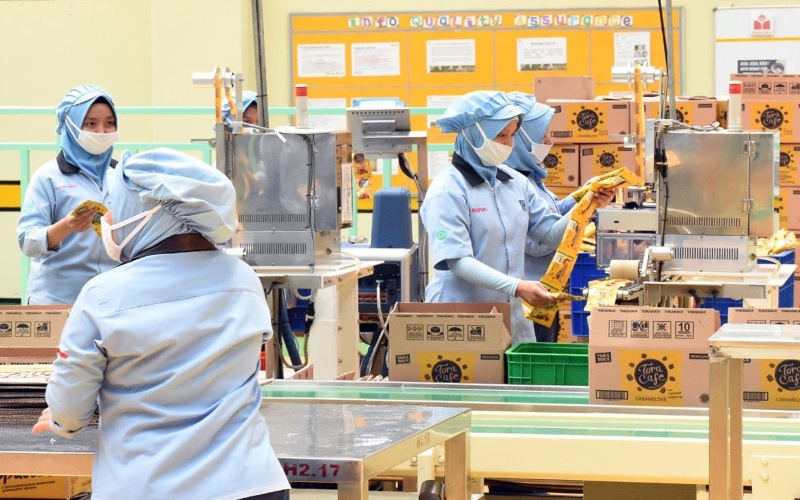
Terhadap keputusan konsumen memilih agen e-ticketing pesawat terbang (Doctoral dissertation). Analisis pengaruh electronic word-ofmouth Keywords: Halal Industry, Halal Food, Input-Output, Multiplier analysis, Indonesia.Amalia, B. From the findings, it can be concluded that halal food industry sector in Indonesia has a more significant potential, production-wise, compare to the national income. Wherein from the perspective of national income, leading subsector of halal food industry is non-alcoholic beverages with the increase of income multiplier as much as 0,193 trillion Rupiah. Primary sector from halal food industry is subsector of animal and vegetable oil which will increase the whole output of economic sectors as much as 1,5 trillion Rupiah. Based on the I-O analysis, it is known that halal food industry sector is contributing to Indonesia’s economic growth through multiplier. Corresponds with Fatwah of Indonesian Ulema Council on Halal Standardization number 4, year 2013, this research uses technical variable in the form of food industry sector which excludes the non-halal sector that is alcoholic beverages. This research uses Input-Output analysis approach, using the data of processed food industry sector originated from the Input-Output table released by The Central Bureau of Statistics (BPS) in 2010. This research’s objective is to analyze the contribution of halal food industry sector towards the economy of Indonesia. Kata Kunci: Industri Halal, Makanan Halal, Input-Output, Analisis Multiplier, Indonesia. Dapat disimpulkan bahwa sektor industri makanan halal di Indonesia memiliki potensi yang lebih kuat dari sisi produksi dibandingkan dengan pendapatan masyarakat. Sedangkan dari sisi pendapatan masyarakat sub sektor unggulan industry makanan halal adalah minuman tidak beralkohol dengan tingkat income multiplier Rp 0,193. Sektor primer dari indutri makanan halal adalah sub sektor minyak hewani dan nabati yang akan meningkatkan output seluruh sektor perekonomian sebesar Rp 1,5 Triliun.

Berdasarkan analisis I-O diketahui bahwa sektor industri makanan halal berkontribusi kepada perekonomian Indonesia melalui multiplier. Sesuai dengan Standarisasi Fatwa Halal Majelis Ulama Indonesia Nomor 4 Tahun 2003, riset ini menggunakan variabel teknis berupa sektor industri makanan yang mengeluarkan sektor non-halal berupa minuman beralkohol. Penelitian ini menggunakan pendekatan analisis Input-Output, dengan data sektor industri olahan makanan yang berasal dari tabel Input-Output Badan Pusat Statistik (BPS) 2010. Penelitian ini bertujuan menganalisa kontribusi sektor industri makanan halal terhadap perekonomian Indonesia.


 0 kommentar(er)
0 kommentar(er)
